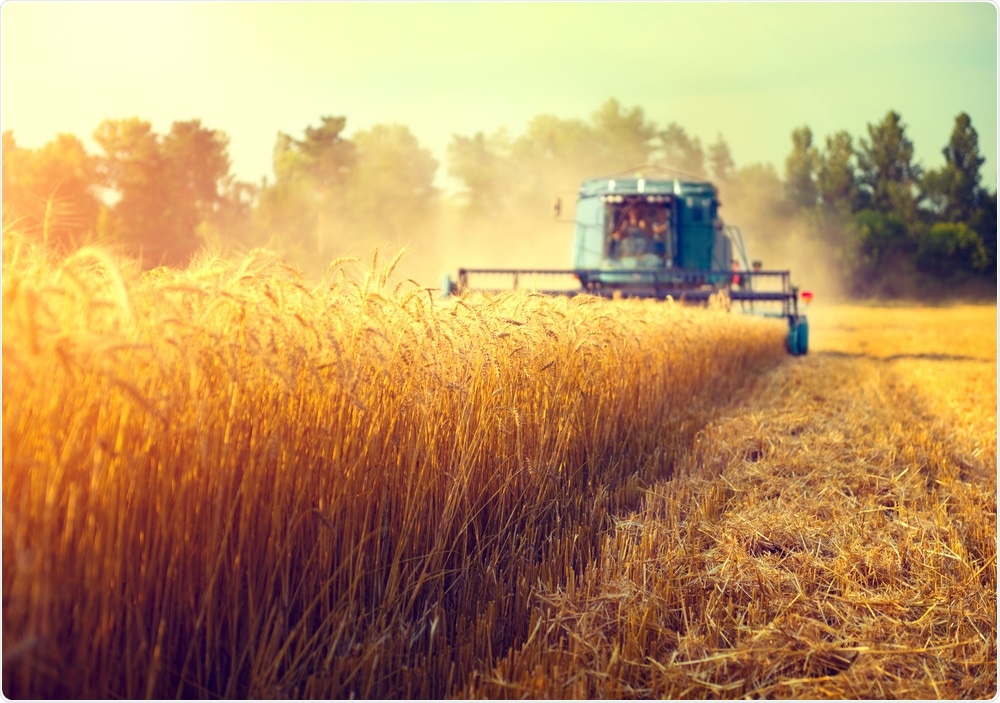In a study published in Nature Sustainability, an ecosystem scientist and an agricultural economist outline how to develop a more sustainable land management system through data collection and stakeholder buy-in.

Image Credit: Subbotina Anna/Shutterstock.com
Bruno Basso, a professor at the College of Natural Science at Michigan State University, and John Antle, professor of Applied Economics at Oregon State University, believe the path begins with digital agriculture or, the integration of big data into crop and farmland usage.
Digital agriculture, Basso says, is where agriculture, science, policy, and education intersect. Putting that data to use requires an effective balancing of competing for economic and social interests while minimizing trade-offs.
Technologies like genetic modification and crop production automation help produce more food than we need to survive. And while the modern food system is a monument to human ingenuity and innovation, it is not without problems.
Agriculture's contributions to greenhouse gas emissions, water pollution and biodiversity loss show that major agricultural systems are on a largely unsustainable trajectory. And as the population increases, energy demands and pollution will scale accordingly."
Basso says that while policymakers, farmers, and environmental groups are all speaking, they are not necessarily listening.
"There are too many barriers, too many competing interests," Basso says. "We need to bring people to the table and design a system that works for everyone -- farmers, lawmakers, society, and future generations."
To meet this challenge, the researchers proposed a two-step process. The initial step focuses on the design of a sustainable framework, with goals and objectives, guided and quantified by digital agriculture technologies. Implementation, the second step, involves increased public-private investment in technologies like digital agriculture, and a focus on applicable, effective policy.
This paper links advancements in agronomic sciences to the critical role policymakers must play in the implementation and setting the agenda for sustainability in agriculture.
"It does no good to design a policy that the farmer will ignore," Basso says. "Policymakers must make use of digital agriculture to help drive policy. Go to the farmers and say, 'we will help you make these transitions, and we will help you transform your poorly performing and unstable field areas with financial support.'"
He recommends targeted tax incentives and subsidies to support farmers working toward a more sustainable system.
If the objective is to increase biodiversity, to reduce nitrogen fertilizer use, or to grow less resource-intensive bioenergy perennials, incentivization is key.
The researchers' analysis showed that if nitrogen fertilizer applications were based on demand and yield stability instead of uniform application, usage in the Midwest could be reduced by 36% with significant reductions in groundwater contamination and carbon dioxide emissions.
Basso says that we need to make these decisions as a society - and to brunt the cost as a society. What farmers do on their land today will affect their neighbor's grandchildren in 30 years.
"Making use of digital agriculture is about breaking bread and creating a sustainable agricultural system. Let's bring everyone together," Basso said.